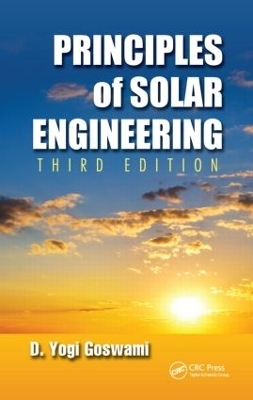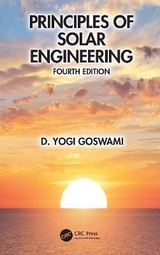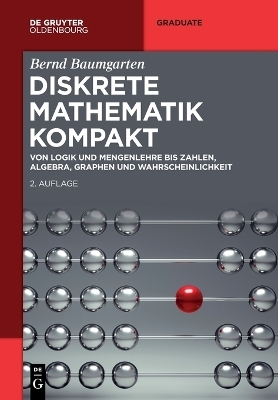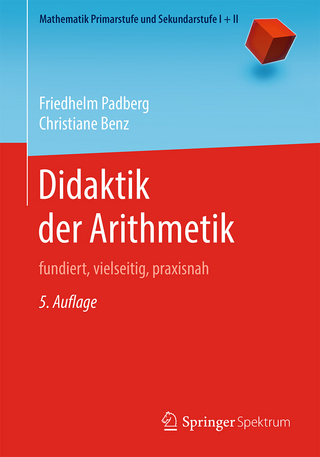
Principles of Solar Engineering
Crc Press Inc (Verlag)
978-1-4665-6378-0 (ISBN)
- Titel erscheint in neuer Auflage
- Artikel merken
Reflecting major developments in solar energy since the publication of the last edition, Principles of Solar Engineering, Third Edition follows the changes in energy policies that have led to the rapid growth of solar energy systems. This latest edition focuses on the fundamentals and the design of systems for various applications including building, heating and cooling, industrial process heat, electric power plants (including PV and CSP), and environmental systems.
What’s New in the Third Edition:
The third edition introduces new topics that include organic and dye sensitized solar cells in the photovoltaics chapter, advanced thermodynamic power cycles such as supercritical CO2 cycle and information on design software packages. The chapters on solar radiation and solar thermal collectors have been completely changed. Because of its increased importance, solar thermal power is covered in much more depth than in the previous edition.
The book contains increased coverage of high temperature thermal storage for CSP in the chapter for energy storage and transport. It changes many end-of-chapter problems, provides examples and problems for both northern and southern hemispheres and countries around the world, includes a solutions manual, and revises the retained material. A significant change in the new edition is the addition of economic analysis in the first chapter, which includes a number of solved examples, and allows the students to analyze the applications in the later chapters from an economic stand point.
Designed to be both a textbook and a reference, this work:
Introduces the global energy situation and addresses changes taking place in the distribution of available energy resources
Covers concentrating and nonconcentrating solar thermal collectors in much more depth than before
Highlights the latest developments in collector materials as well as new correlations for heat transfer and thermal performance analysis
Explores thermal energy storage, new developments, including materials, analysis, and design
Examines CSP and PV power, and outlines what students need to learn for future upcoming developments in these areas
Provides in detail solar central receiver systems, commonly known as power towers, including the design of a solar heliostat field, receiver/absorber, and higher temperature thermodynamic power cycles
Details the latest developments in thin film solar cells
Presents environmental applications of solar energy
Principles of Solar Engineering, Third Edition addresses the need for solar resource assessment, and highlights improvements and advancements involving photovoltaics and solar thermal technologies, grid power, and energy storage.
Dr. D. Yogi Goswami is a distinguished university professor and director of the Clean Energy Research Center at the University of South Florida. He conducts fundamental and applied research on solar thermal power and cooling, photocatalytic detoxification and disinfection, thermodynamics, third-generation photovoltaics, and hydrogen production and storage. Professor Goswami is the editor in chief of Solar Energy and Progress in Solar Energy. He has published as an author or editor 17 books and more than 350 refereed technical papers. He also holds 16 patents, some of which have been successfully commercialized.
Introduction to Solar Energy Conversion. Fundamentals of Solar Radiation. Solar Thermal Collectors. Thermal Energy Storage and Transport. Solar Heating Systems. Solar Cooling and Dehumidification. Passive Solar Heating, Cooling, and Daylighting. Solar Thermal Power. Photovoltaics. Solar Photochemical Applications. References. Suggested Readings. Appendices. Index.
| Erscheint lt. Verlag | 10.4.2015 |
|---|---|
| Verlagsort | Bosa Roca |
| Sprache | englisch |
| Maße | 156 x 234 mm |
| Gewicht | 1315 g |
| Themenwelt | Mathematik / Informatik ► Mathematik |
| Technik ► Elektrotechnik / Energietechnik | |
| ISBN-10 | 1-4665-6378-8 / 1466563788 |
| ISBN-13 | 978-1-4665-6378-0 / 9781466563780 |
| Zustand | Neuware |
| Haben Sie eine Frage zum Produkt? |
aus dem Bereich



